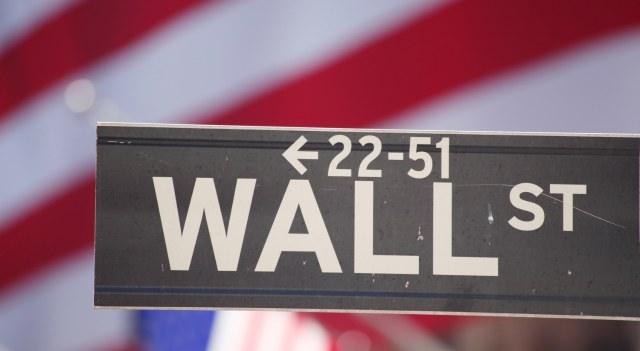Stocks moved sharply lower over the course of the trading day on Friday, extending the downward move seen over the two previous sessions. With the extended decline, the Nasdaq and the S&P 500 fell to their lowest closing levels in well over four months.
The major averages saw further downside going into the close, ending the session near their worst levels of the day. The Nasdaq plunged 202.37 points or 1.5 percent to 12,983.81, the S&P 500 tumbled 53.84 points or 1.3 percent to 4,224.16 and the Dow slid 286.89 points or 0.9 percent to 33,127.28.
For the week, the Nasdaq plummeted by 3.2 percent, the S&P 500 dove by 2.4 percent and the Dow tumbled by 1.6 percent.
The continued weakness on Wall Street came amid ongoing concerns about the recent surge in treasury yields to sixteen-year highs.
Overnight, the yield on the benchmark ten-year note climbed above 5 percent for the first time since July 2007 but has given back ground since then.
The recent advance by yields reflects continued worries about the outlook for interest rates, with the Federal Reserve signaling rates will remain higher for longer than previously anticipated.
During a speech on Thursday, Fed Chair Jerome Powell described inflation as “still too high” and warned additional monetary policy tightening may be needed.
Powell also reiterated Fed officials are willing to keeping policy restrictive until they are confident inflation is on a downward path.
A report on personal income and spending in the month of September is likely to be in focus next week, as it includes readings on inflation said to be preferred by the Fed.
Fears the Israel-Hamas war may escalate into a broader regional crisis also contributed to the negative sentiment on Wall Street.
Israeli Defense Minister Yoav Gallant told troops gathered at the Gaza border on Thursday that they would soon see the Palestinian enclave “from inside.”
Additionally, reports emerged that U.S. troops are being targeted at several military bases across Iraq and Syria, while a U.S. Navy warship destroyed cruise missiles and drones fired toward Israel by Houthi rebels in Yemen.
Sector News
Banking stocks showed a substantial move to the downside on the day, dragging the KBW Bank Index down by 3.1 percent to a five-month closing low.
Significant weakness was also visible among oil service stocks, as reflected by the 2.3 percent slump by the Philadelphia Oil Service Index.
A steep drop by Schlumberger (SLB) is weighing on the sector after the company reported third quarter earnings that beat analyst estimates but weaker than expected revenues.
Computer hardware stocks also saw considerable weakness, with the NYSE Arca Computer Hardware Index tumbling by 2.1 percent to its lowest closing level in almost four months.
Software, steel and semiconductor stocks also showed notable moves to the downside, moving lower along with most of the other major sectors.
Other Markets
In overseas trading, stock markets across the Asia-Pacific region moved mostly lower during trading on Friday. Japan’s Nikkei 225 Index declined by 0.5 percent, while China’s Shanghai Composite Index fell by 0.7 percent.
The major European markets also moved to the downside on the day. While the German DAX Index plunged by 1.6 percent, the French CAC 40 Index tumbled by 1.5 percent and the U.K.’s FTSE 100 Index slumped by 1.3 percent.
In the bond market, treasuries regained ground after trending lower over the past few sessions. As a result, the yield on the benchmark ten-year note, which moves opposite of its price, slid 6.4 basis points to 4.924 percent.
Looking Ahead
While the inflation readings included in the personal income and spending report may be in the spotlight next week, traders are also likely to keep an eye on reports on new home sales, durable goods orders, pending home sales and initial jobless claims.
The earnings season also continues to pick up steam next week, with a slew of big-name companies due to report their quarterly results.
For comments and feedback contact: [email protected]
